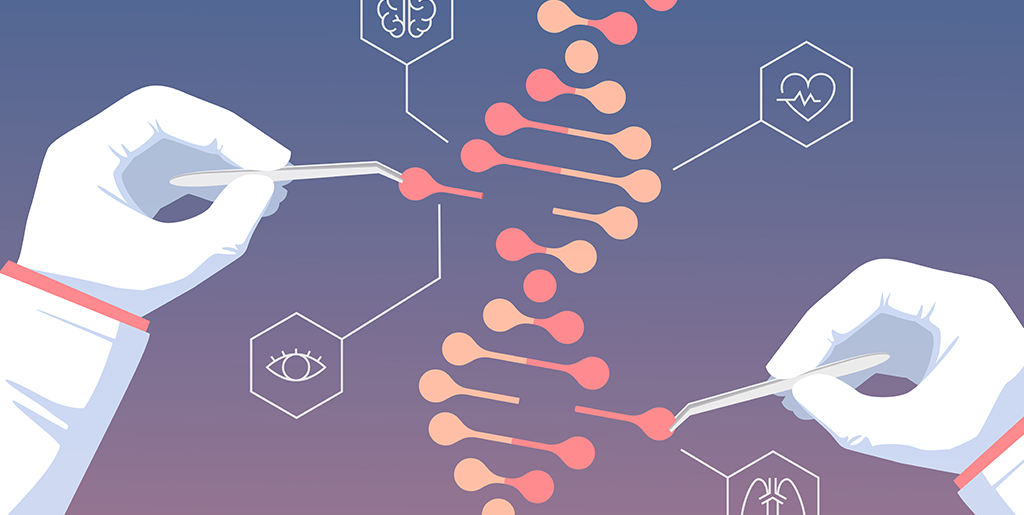It turns out that mutations are not only inevitable but may be highly desirable and more likely to occur when an organism is under pressure as shown in an experiment involving a highly edited bacteria. While the focus was on these simple life forms, it is not hard to extrapolate to humans. Mutations are continuously occurring though we usually hear about them in terms of the untoward and all too often tragic consequences for individuals. However, at the population level, they result in diversity and the development of resilience to environmental stressors that will help us to live better.
A recent study, carried out in the lab of Jay Lennon and published this week in Nature (https://www.nature.com/articles/s41586-023-06288-x) demonstrated both the pervasiveness and utility of mutations.

M.mycoides JCVI-syn3B is life at the minimalist level. The genome for this bacterial strain has been pared down in the lab to the minimum genetic material needed for survival. There is no extraneous genetic material, there is no redundancy of genes. Yet, in an experiment where these cells were allowed to grow in the lab unimpeded for almost a year, akin generation wise to 40,000 years of human evolution, evolution changed the genetic code.
As the vast majority of mutations are deleterious, these cells should have been weakened. This was not the case. In many cases the ‘evolved’, or mutated, variants regained initially lost vigor in the “minimal” cell and even outperformed their progenitor cells; evidencing that even in the most constrained circumstances, evolution will continue to exert pressures on the genome that favors adaptability and overall resilience of the species, perhaps more efficiently.
The capability of this bacteria to not only rapidly mutate but thrive has clear implications for us with respect to how natural selection can not only work in constrained systems but, perhaps the infections and other arenas where bacteria in the wild, with far more resilient genomes, impact our lives. However, it also has important lessons for us directly; no matter that we are far more complex. Indeed, any spontaneous mutation within humans exerts its effect in the vast machine with a myriad of inter connections that our genome is. However, we still remain genetically programmed organisms and also subject to the forces of mutational evolution.
We seek to understand how genes and genetic elements maintain health and wellbeing and how differences in the genes and other genetic elements between different populations allows people to thrive under different conditions such as equatorial malarial regions, mountainous low oxygen pressures, cold northern regions etc, etc. In this regard and relevant to the findings in the Nature paper above, it is not the environment that creates the mutation but rather the environment that allows random mutations to help the organism thrive and propagate. Each population will constantly have these mutations occurring and, as a result, over the centuries and millennia, build up a body of changes. Some of these will be apparent, others discrete and only able to exhibit their effect in given environmental situations. Like the bacteria in the experiment, however, the effect of these changes at the population level allows a given population to thrive in a given environmental milieu, whether climatic or social in origin. Of particular interest may be places such as India, where very large numbers of different populations live in the same area and are thus exposed to similar environmental changes together. In particular the consequences of growing affluence, diet, and activity, which more closely resemble other peoples such as Europeans. By studying the health of these many different populations and the genomes, which have been subject to evolution and spontaneous mutations like M.mycoides JCVI-syn3B, differences that are advantageous can be sought to provide insights for therapeutic interventions.
The experiment above demonstrated that mutations are not only not necessarily harmful, at the population level, but are in fact crucial to the viability of species through evolution and provide a key to future health and wellness for all of us.
